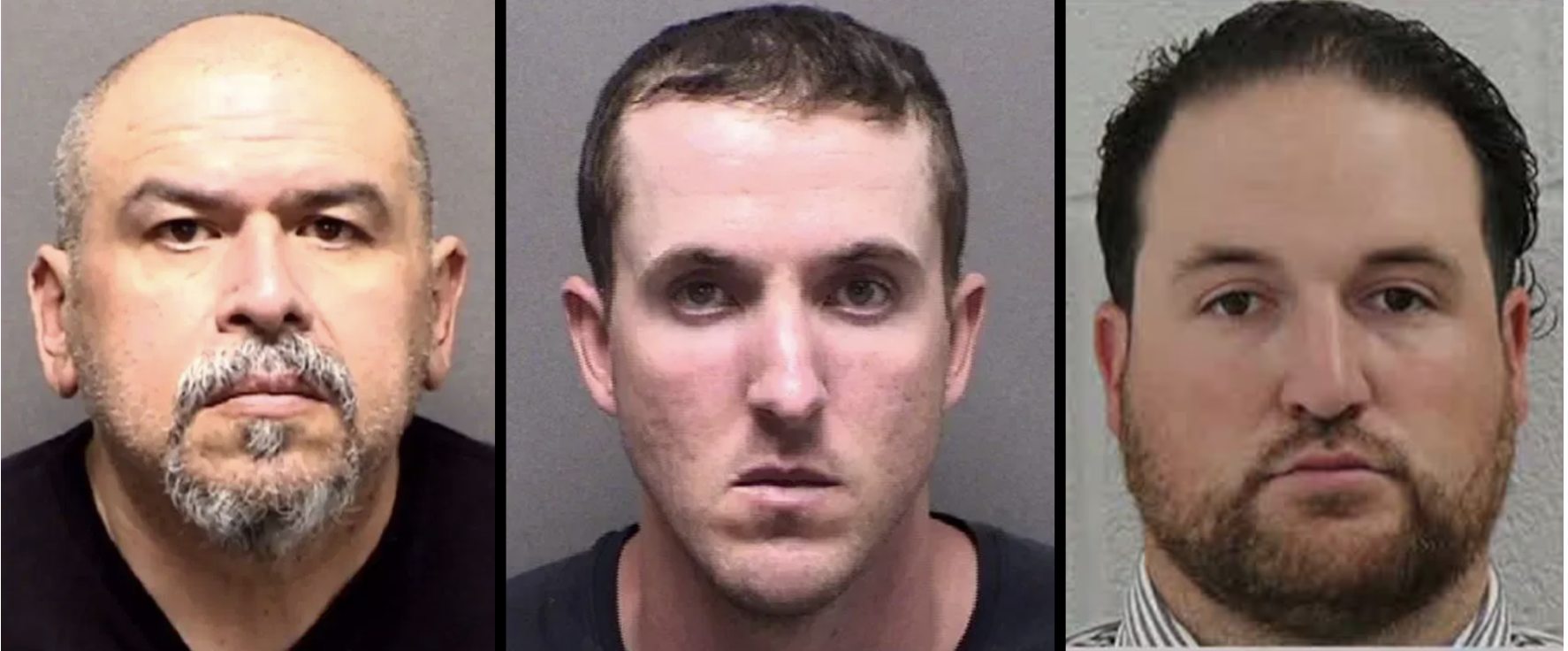In what seems like an epidemic on college campuses, another conservative speaker has been silenced and removed from the campus of a public university, this time while attempting to give a speech about the Texas Legislature.
State Rep. Briscoe Cain (R-Deer Park) was invited to speak at the Federalist Society at Texas Southern University about his experience in the Legislature, but campus activists had another plan.
The event kicked off with a vocal protest by students affiliated with Black Lives Matter, chanting, “When a racist comes to town, shut it down,” and holding signs that read, “Briscoe You Forgot Your Hood,” among other offensive and accusatory statements.
Not discouraged, Cain stood silently allowing them to protest while Susan Bynam, Assistant Dean for Institutional Advancement, took to the microphone to tell the student protesters that free speech would be allowed, but disrupting the event would not be. Bynam, who was then forced into a shouting match with a professor trying to shut down the event, even asked for police who were staffing the event to take away signs, but Cain insisted that the students be allowed to keep them.
No more than one sentence into his introductory remarks, Cain was interrupted as State Sen. Borris Miles (D-Houston) and Texas Southern University President Dr. Austin Lane walked in and headed straight to the podium.
Miles asked Cain to step outside while Dr. Lane took to the podium, telling the officers to allow protesters – who had previously been removed for being disruptive – back in, saying that he was going to “announce changes.”
Outside of the room, Miles told Cain that the event was off, saying he could not speak because the Federalist Society did not follow proper protocol in setting up the event, though he would not say publicly what that missed protocol was. He also made reference to the fact that he should have been contacted in advance.
“Next time call me when you come to my district, man,” said Miles. “Next time we’ll do it the right way.”

Before Cain could respond, Miles flagged down three officers who he asked to escort Cain and those with him off of the campus for their “safety,” repeatedly telling the officers, “let’s get him to his vehicle.”
If Miles truly thought that the protesters at the event would go so far as to endanger or cause harm to his colleague and others at the event, why silence speech rather than condemn violence?
TSU is an independent public university, and by silencing the speech of a duly-elected state lawmaker simply because a few students were uncomfortable, university administrators showed they would rather give in to hecklers than allow their students to be exposed to different viewpoints.
While the president said that students should not have been removed for being disruptive because it was “their school,” he clearly showed that he didn’t feel the same about his students who put in the effort to actually make the event happen. Is it not their campus, too?
Across the country, intolerance towards conservative ideas on college campuses is growing as administrators continue to side with those who seek to silence anyone that challenges their thought process. The actions of Miles and the TSU administration that not only allowed the event to be disrupted but encouraged it by having Cain removed, do a severe disservice to the students they are expected to serve.
Cain released the following statement after the event:
“Today I attended an event scheduled by the TSU chapter of the Federalist Society a few months ago. I was greeted by campus officials, given a guest parking voucher, and brought into a room in which the administration had specifically requested the talk occur. Then Black Lives Matter came in and bullied the administration into ending the event. It’s a sad day for universities across Texas whenever speech and a variety of views are prevented from being presented due to bullies.”




